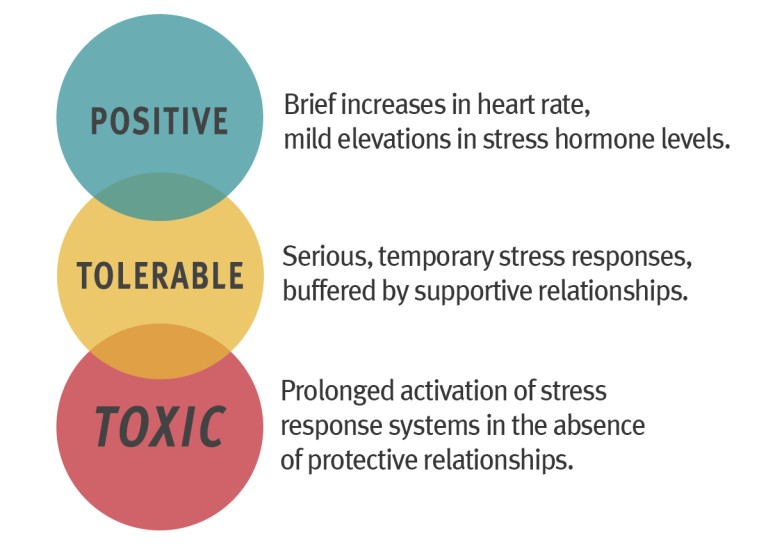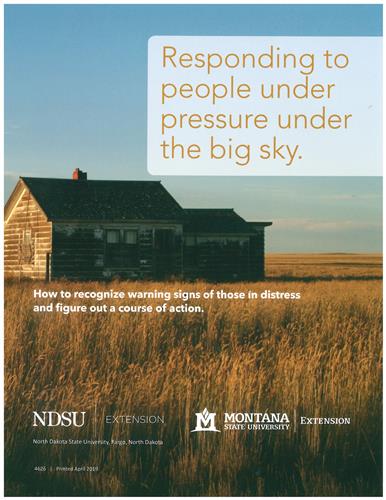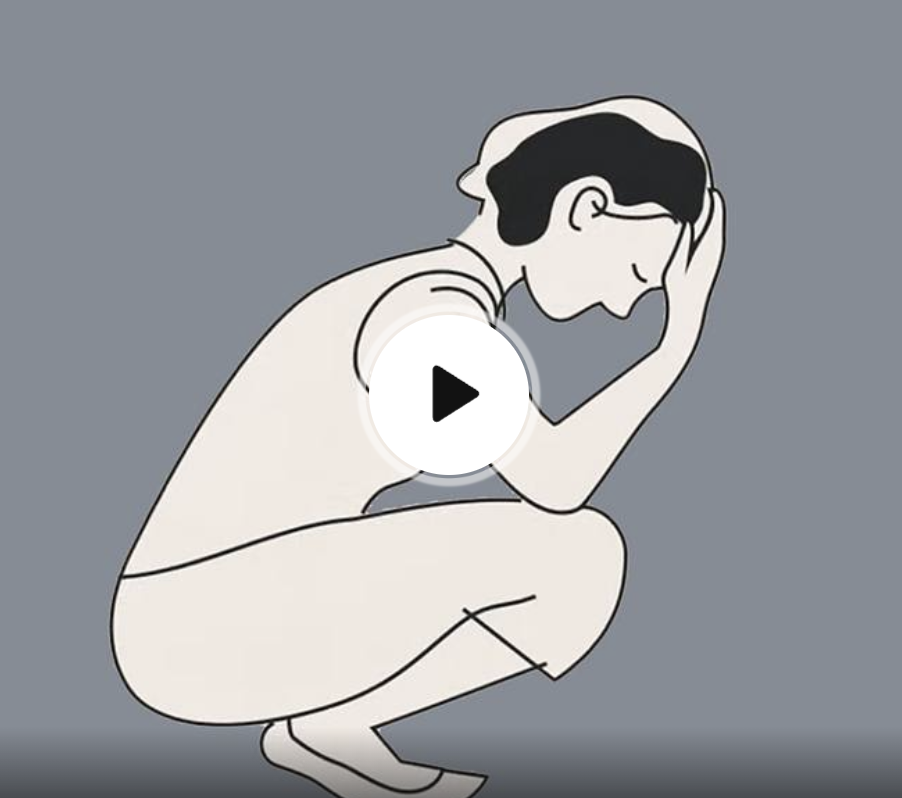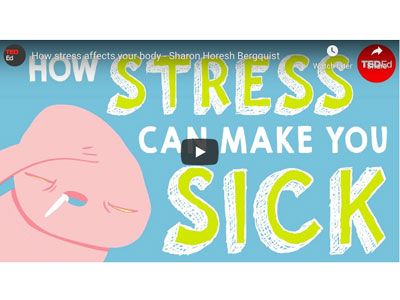Stress Management
What is Stress?
Stress is your bodies' natural reaction to a demand or "stressor." Stressors may range from pressures due to daily life events (exercise, giving a presentation) to stress triggered by a negative change (loss of a job, death of a loved one) or to the occurrence of major traumatic events (a life threatening accident or involvement in an armed conflict). Stress is normal and affects everyone, though it can impact your health both positively and negatively.
Much short-term stress can be positive. Positive stress can motivate you to accomplish a goal or succeed with a challenge. Stress helps us react quickly in life threatening situations. Stress responses are designed to aid in our survival.

How Stress Affects Your Brain
A TED Ed Talk by Madhumita Murgia. Stress isn't always a bad thing; it can be handy for a burst of extra energy and focus, like when you're playing a competitive sport or have to speak in public. But when it's continuous, it actually begins to change your brain. Madhumita Murgia shows how chronic stress can affect brain size, its structure, and how it functions, right down to the level of your genes. [Directed by Andrew Zimbelman, narrated by Addison Anderson, music by Josh Smoak].
How Stress Affects Your Body
A TED Ed video animation by Sharon Horesh. Our hard-wired stress response is designed to give us the quick burst of heightened alertness and energy needed to perform our best. But stress isn’t all good. When activated too long or too often, stress can damage virtually every part of our body. Sharon Horesh Bergquist gives us a look at what goes on inside our body when we are chronically stressed. /extension/wellness/images/stress_thumbnail_2.jpg
Chronic Stress and Your Health
Long term stress, or chronic stress, can be harmful to your health when it continues past the time when the stressor occurs. Chronic stress can result from routine stresses as well as traumatic events.
Signs of chronic stress may include:
-
sleep problems
-
irritability
-
sadness
-
a lack of interest or involvement
-
decline in self-care or those within their care (children, animals, home, farm)
-
headaches
-
substance abuse
-
digestive upset
-
weight loss or weight gain
-
a lowered ability to fight infections
Over time, chronic stress can seriously impact your health, leading to problems such as depression and anxiety, high blood pressure, heart disease, and diabetes.
Ways to Positively Manage Stress
Responding to people under pressure under the big sky.
How to recognize warning signs of those in distress and figure out a course of action:

If you would like to order FREE hard copies of this publication please visit MSU Extension's store here. The information in this publication is available online here, or as a pdf to view here.
Farm and Ranch Stress Resources
A rural lifestyle may bring with it additional stressors of isolation, financial worries, and factors that are out of the control of the farmer/rancher such as weather, market prices etc. Combined, these stressors place farmers and ranchers at a greater risk for chronic stress. Recognition of the need to specifically help this group has brought together organizations such as MSU Extension, the National Farmer's Union, The Farm Bureau, and other Extension organizations around the country to provide farm stress specific resources. More resources will be available in early 2020.

Montana Ag Producer Stress Resource Clearinghouse
The first statewide online clearinghouse of stress reduction and mental health resources for agricultural producers in Montana


